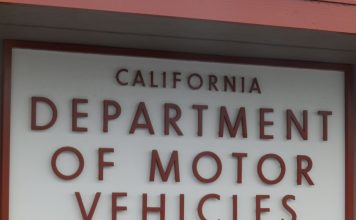The meetings will gauge support of a new tax, or new fees to
balance the budget
Morgan Hill – Residents who want to participate in the city’s upcoming series of community conversations may find it’s not that easy.
City leaders are getting ready to hold as many as 50 meetings with Morgan Hill citizens to gauge support for balancing the budget or augmenting city services with new taxes.
But most of those meetings may not be open to the public, according to City Manager Ed Tewes. Instead, meetings will be held with members of civic and business groups. Other citizens may have to volunteer to host meetings if they want to attend one.
Tewes said this week that his staff hopes to get ideas from as many as 1,000 residents in the community conversations.
He said the rest of Morgan Hill’s 36,400 residents interested in the discussions about cutting services or raising taxes will have to rely on his periodic reports to the city council. As its designed, the program makes it difficult for residents to drop in on a meeting or read about sessions in the press because the city cannot control access to the meetings held by private organizations.
The city is still compiling a list of what groups and private residents will host meetings.
“The community conversation process is going to involve 50 or more meetings in homes, club halls and organizations meetings that are not public meetings,” Tewes said. “We’re going to invite ourselves in to see if they would like to participate. We will be their guests.”
Heidi Gantwerk, the city’s consultant on the program said the private meetings should give way to public meetings once the process has been established.
At the meetings, residents will be given descriptions of three possible ways to erase the city’s $1.3 million budget deficit.
One would raise city taxes by $325 to $425 a family to pay for increased city services such as police and parks; a second raises taxes about $125 a family to maintain current services; a third would not raise taxes but cut services.
Meeting attendees will be asked whether they would prefer a new sales tax, new parcel taxes or new development impact fees.
Tewes said “there will be no doubt” that some meetings will be held at the Community and Cultural Center, including a “capstone” meeting following the 50 smaller meetings.
The conversations will be attended by city staff but presided over by residents. Gantwerk said the small gatherings – the program is designed for groups of 30 or 40 people – will make it easier for people to participate and for inexperienced people to lead the conversations.
“This is a rare opportunity,” she said.












